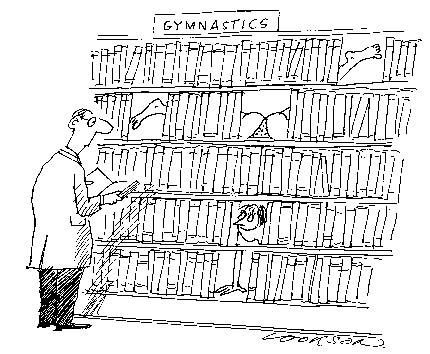Scene: the Royal Opera House, last Friday, 10.35 p.m. In the last act of Aida, Amneris, in the formidable person of Olga Borodina, has just concluded her magnificent denunciation of priests: ‘Cruel monsters! You will always be thirsty for blood!’ and the final ten minutes remain, the exquisite scene in which the hero and heroine suffocate while singing their farewell to life.
Scene: the Royal Opera House, last Friday, 10.35 p.m. In the last act of Aida, Amneris, in the formidable person of Olga Borodina, has just concluded her magnificent denunciation of priests: ‘Cruel monsters! You will always be thirsty for blood!’ and the final ten minutes remain, the exquisite scene in which the hero and heroine suffocate while singing their farewell to life.
Sitting in the stalls, I know just how Amneris feels, and my silent imprecations are directed to the Powers That Be who decree that operas should end close to 11 p.m. I realise this isn’t the first time I have complained about this, but since all other reviewers apparently live in London I feel the need to voice the anxiety of those of us who have to get to a train station and catch a last or late (and so slow) train.
So I had to sneak out and miss that wonderful scene, and a good job I did: thanks to almost every road in the vicinity of Covent Garden being closed, my taxi — no point on a Friday night even trying to get into one of the jammed Tube stations — had to take an incredibly circuitous route to get to King’s Cross. And even if I had risked staying to the end, I’d have been in such an acutely tense state that I wouldn’t have got anything out of it. When I think of all those moving death scenes I have sat through there, wishing he or she would hurry up and pass away…I know I’m shining a torch into the void, but I need to explain why I’m not able to say how Roberto Alagna and Liudmyla Monastyrska passed their final and most arduous test.
I realised, first with shame and then alarm, as I arrived for this first revival of David McVicar’s production, premiered last April, that I could hardly remember anything about it. Shortly after the opera began, I knew why: there is nothing to remember. McVicar dispenses with the normal Aida trappings and puts nothing in their place. In the Triumph Scene there are some inverted bloody corpses hanging over the crowd, costumes suggest various times and places, there is very little scenery, which doesn’t mean there aren’t prolonged pauses between acts, and there is certainly no atmosphere.
The cast are left to fend for themselves, with the obvious result. Only Roberto Alagna, a natural onstage, and Olga Borodina, both just past their vocal peak but still magnificent presences, make anything of their roles. Monastyrska, the replacement Aida, has a rather impressive voice, but it would be good to be able to tell which language she is singing in, and she does little more than sail slowly round the stage, preserving her dignity under taxing circumstances. More worryingly, Michael Volle, a fine singing actor, is radically miscast as Amonasro, vocally underpowered and hardly acting at all; the scene at the end of Act II where he makes his getaway was as inept as anything I have seen on a stage. Meanwhile, in the pit Fabio Luisi, a 52-year-old of prodigious gifts, made his Royal Opera début, conducting with an intensity and sophistication which only emphasised the feebleness of the production. Luisi should be heard here as often as possible.
I was left wondering. Some operas appear to be the victims of their own appeal, and Aida may be the prime example. The first two acts, anyway the ‘public’ parts of them, are so firmly stuck in a certain performance tradition that anyone who tries to disregard it is bound to come up with something all too deliberate. It is grand spectacle that presents the greatest problem, thanks primarily to the cinema. Not surprisingly, McVicar has come up with some dancing that must surely be considered camp even in ballet circles; and nothing else. Zeffirelli at least was shameless, whereas McVicar is undermined by a sense of irony. He might have tried, though, to get the central four characters interacting in humanly recognisable ways, whereas he has just let them hang around as people imagine every opera singer did until a few years ago. Whatever, this production needs to go.
The Guildhall School of Music and Drama, under-advertised as ever, mounted an impressive production of Poulenc’s Dialogues des Carmélites. Opera singers need to be trained in singing words clearly both in their own language and in foreign ones. The GSMD possibly unwisely chose to do Dialogues in French, with murky results, though there were surtitles.
This is a wordy and largely conversational piece, which benefits from the performers being more relaxed in communicating than this set were. Nonetheless, there were powerful things, above all the death of the Old Prioress, one of the great harrowing scenes in opera. About Blanche and much of the later part, with its cult of martyrdom, I feel uncomfortable, though I’m never sure where the blame for that lies. The orchestra was on the best form I have ever heard, and the conductor Clive Timms gave further evidence of his omnicompetence. Opera lovers should make sure that they don’t miss these occasions, so often the most enjoyable to be found in London.






Comments